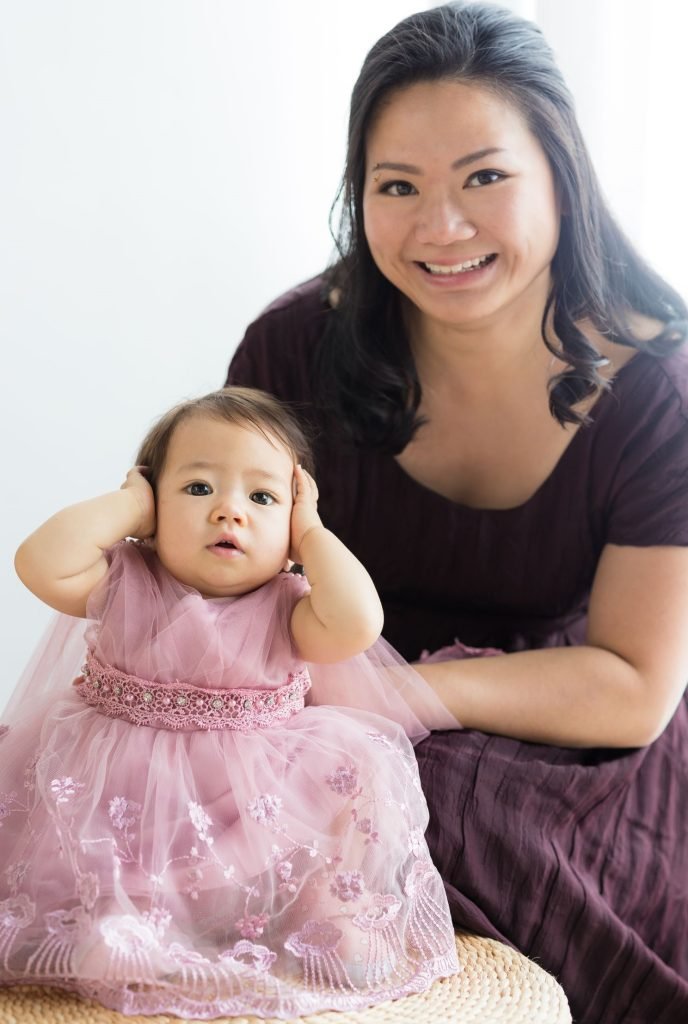Your mental health after childbirth matters more than you might think. Discover ways to nurture your emotional well-being and transform your postpartum period into a more joyful and fulfilling experience.
Nurturing Your Mental Health After Childbirth
The time after childbirth is a mix of joy and challenges. It is normal to feel happy and excited, but some new moms may also feel sad or anxious. It’s all part of the mental health after childbirth package.
How Mental Health Affects Everyday Life
When new moms face challenges with their mental health, such as severe mood swings, it changes their day-to-day life. Feeling sad or anxious may make it hard to bond with your baby. It could also affect how you care for yourself. Here are some ways mental health impacts daily activities:
- Caring for Your Baby: You may find it difficult to focus or enjoy time with your baby, thereby creating a cycle of feeling guilty or sad.
- Relationships: Changes in mood may also affect relationships with your partner, family, and friends. Open communication is important to help them understand what you are feeling.
- Work and Daily Tasks: If you have work or other responsibilities, you may feel overwhelmed.
Caring for Yourself and Your Baby
As a new mom, taking care of yourself is just as important as taking care of your baby. Perinatal depression is a common complication of childbirth, affecting many new parents during the perinatal period. Here are some gentle tips for you or someone you know::
- Talk About Your Feelings: Share your feelings with family or friends. Talking may lift some of the weight off your shoulders.
- Ask for Help: It’s okay to let others support you. Whether it’s babysitting or helping with chores, it’s okay to accept it.
- Take Breaks: Give yourself short breaks during the day. Even a few minutes might recharge you.
- Connect with Others: Join a support group for new moms. It’s comforting to know you are not alone.
How To Create a Supportive Environment
Having a supportive environment could greatly boost your mental health. Here are ways to create a nurturing space for yourself and your baby:
- Communicate Openly: Share your feelings with your partner and loved ones. Let them know how to support you.
- Establish a Routine: Having a daily routine might bring comfort and stability to your day.
- Practice Self-Compassion: Be kind to yourself. Remember, it is okay to have tough days. Give yourself permission to rest and take breaks.
What are Postpartum Depression Symptoms?
Postpartum depression symptoms are more severe and lasting than baby blues. Symptoms of postpartum depression may interfere with daily tasks and caring for the baby and may develop soon after childbirth or even during pregnancy. Many new moms experience the baby blues.

According to research, up to 80% of women may have that feeling. It usually goes away in a week or two. However, if the sadness lasts longer than two weeks, it is important to seek help. Postpartum depression often affects the mother’s feelings, sleep, and ability to care for her baby.
Risk Factors for Postpartum Depression
Some women may be at a higher risk for postpartum depression. Factors include:
- A family history of depression
- A previous experience with postpartum depression
- Stressful life events during pregnancy or after childbirth
- Changes in hormone levels after giving birth
- Difficulties in relationships, such as intimate partner violence or domestic violence
Postpartum Psychosis
In some cases, new moms may experience postpartum psychosis, a severe mental health condition. It is rare, affecting about 1 in 1,000 new mothers. Women with postpartum psychosis may have strange thoughts or feelings. They may feel confused or paranoid. The condition requires immediate medical attention.

When to See a Doctor
If you or someone you know is feeling very sad or having trouble thinking clearly, you should get medical help right away. Untreated postpartum depression hinders mother-child bonding and negatively impacts parenting abilities.
Understanding Postpartum Anxiety
Another important aspect of mental health after childbirth is postpartum anxiety. The condition might occur along with postpartum depression. Some symptoms include:
- Panic attacks, which may feel like sudden, overwhelming fear.
- Difficulty sleeping, even when you are tired.
- Feeling restless or on edge.
If you notice such feelings, talk to a healthcare provider. They’ll help you find the right treatment. You should work with healthcare professionals to treat depression and treat postpartum depression effectively.
How to Cope with Anxiety
Coping with anxiety after childbirth often gets challenging. Here are some gentle strategies to manage your feelings:
- Practice Deep Breathing: Taking slow, deep breaths calms your mind and body. Try to focus on your breath for a few minutes.
- Stay Active: Gentle exercise, like walking, may improve your mood. It’s a great way to relieve stress.
- Limit Caffeine and Sugar: They sometimes increase feelings of anxiety. Focus on balanced meals to feel more grounded.
Final Thoughts
Your mental health after childbirth affects how you feel, how you care for your baby, and how you connect with others. Remember seeking support when you need it is a sign of strength.
In summary, here are some key points to remember:
- You Matter: Your feelings are valid and important.
- Seek Support: Don’t hesitate to talk to a provider or join a support group.
- Practice Self-Care: Take time for yourself and find joy in little things.
- Postpartum Depression: Postpartum depression treated by healthcare professionals will boost your well-being and your baby’s.
You are a wonderful mother, and asking for assistance along the way is okay. In time, with support and care, things should get better.
FAQs
How do I help myself feel better?
Take care of yourself by eating well, resting, and talking to others. Find support groups or talk to your therapist.
Are there support groups for new moms?
Yes, many communities have support groups for new moms that provide comfort and connect you with others. But do not mix them up for expert clinical counselors. You need to see a doctor and other licensed professionals for clinical advice.
How Can family members help?
Simply by being supportive, listening, and offering to perform chores and tasks around the home.
